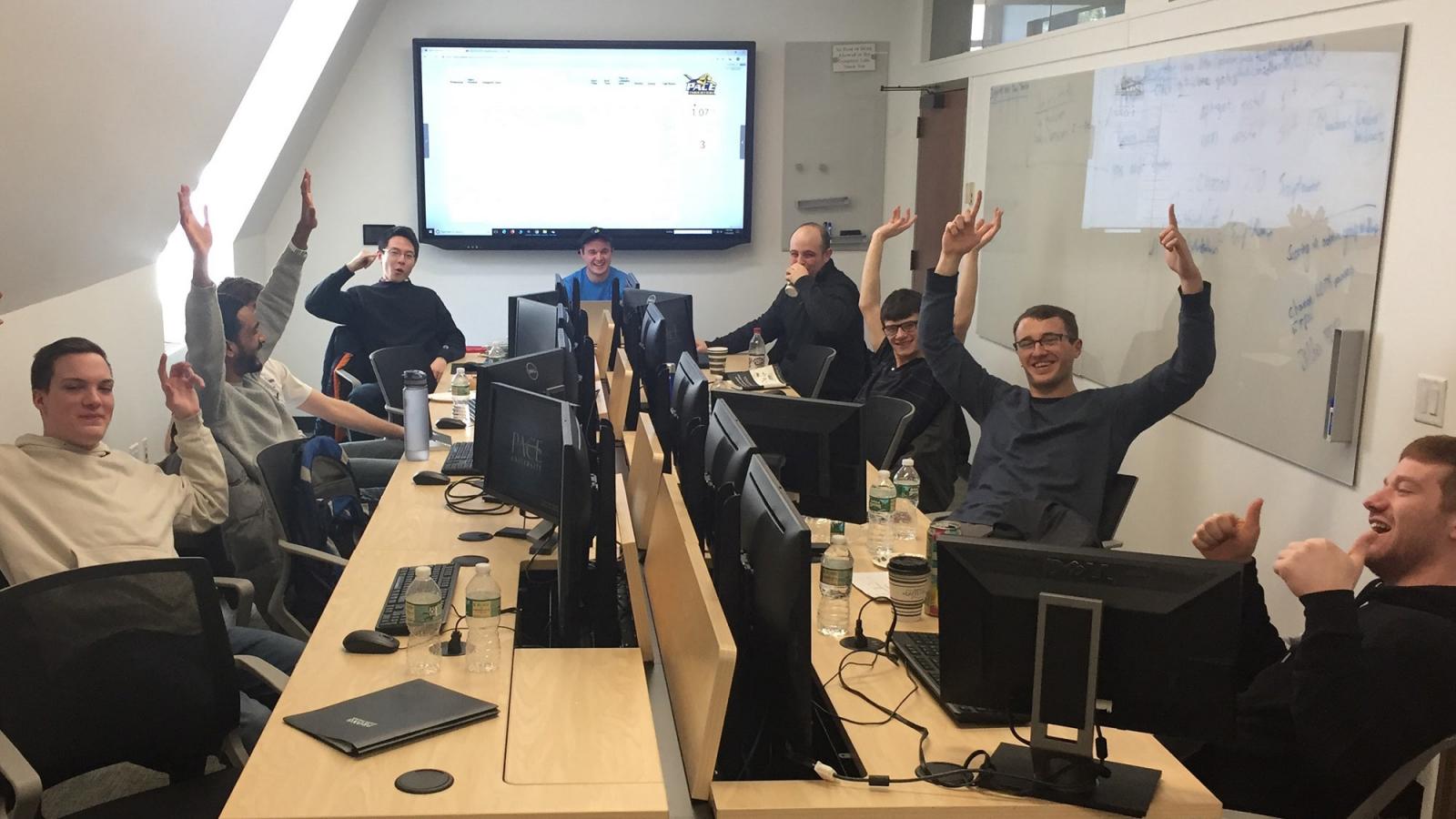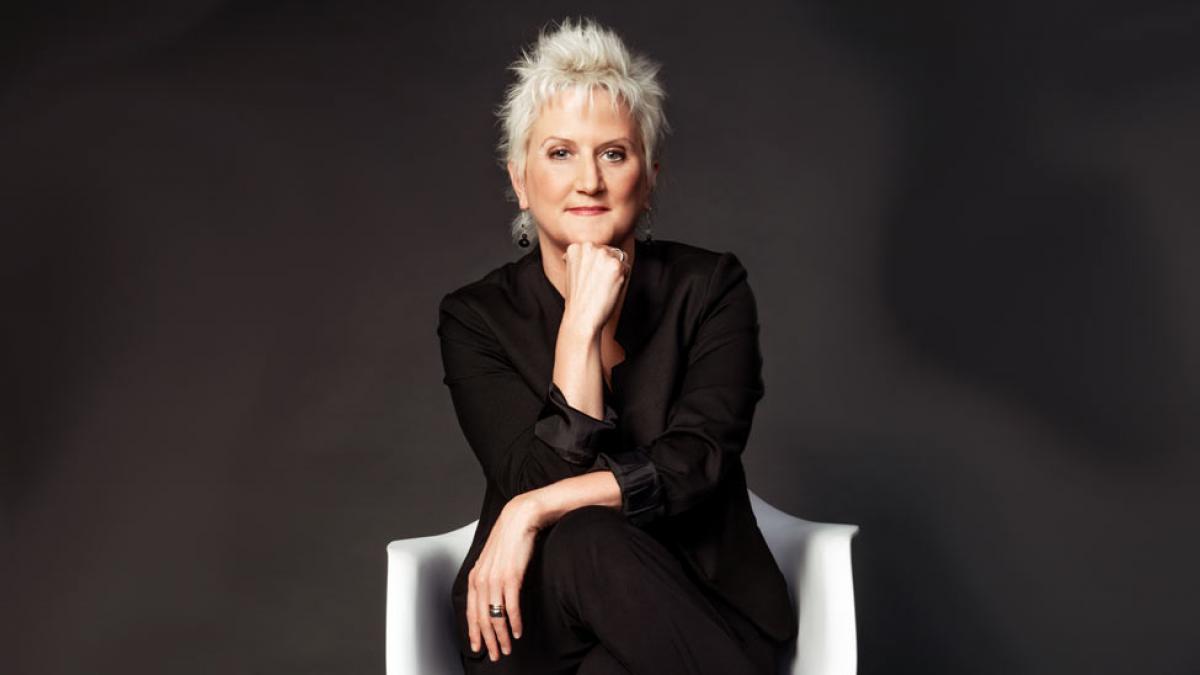Rhonda Miller, head of Pace’s BFA in Commercial Dance, wanted to build a different kind of dance program. “I wanted it to be relevant and useful—to include all forms of dance and the practical business skills dancers need but so often don’t have. We’re giving students the tools they need to navigate show business and make a living in dance.”
Leading the Way in Cybersecurity

Since its inception in 1983, Pace’s Seidenberg School of Computer Science and Information Systems has positioned itself as a leader in providing the technological needs of tomorrow. As ever-evolving, ever-complex cybercrime poses an increasingly major threat on the infrastructure of our interconnected world, Seidenberg is focusing on empowering the next generation of cybersecurity professionals.
Recently, Seidenberg was the recipient of a major $3.8 million grant from the National Science Foundation to do just that. The award, which will span five years, will enable Pace to expand its Cybercorps® Scholarship for Service (SFS) program, which trains scholars at all levels for careers in government focusing on cybersecurity and cyber defense.
Funding from the grant will be dedicated to scholarships, workshops, competitions, and other activities—enabling students to engage in the necessary training, research, and skill-building that will help them solve the increasingly difficult cybersecurity issues that professionals in the field face today. The award will also seek to increase representation of diverse and historically underrepresented communities in cybersecurity fields through preparation for careers in cybersecurity working for the federal government.
“Because of our expertise, location, and track record, Pace University is uniquely positioned and equipped to deliver on this need—now and for years to come. We are grateful to the National Science Foundation for its continued partnership and support.”
“There is an immense need and demand for cybersecurity experts in our country,” said Li-Chiou Chen, PhD, who manages the CyberCorps® Scholarship for Service and CySP programs at Pace. “Because of our expertise, location, and track record, Pace University is uniquely positioned and equipped to deliver on this need—now and for years to come. We are grateful to the National Science Foundation for its continued partnership and support.”
Through the grant, Chen, along with her colleagues which include Seidenberg’s Andreea Cotoranu, D. Paul Benjamin, PhD, Darren Hayes, PhD, Dyson’s Joseph Ryan, PhD, and Westchester Community College’s John Watkins, will work with cybersecurity scholars on research projects in fields including—but not limited to—data analytics, machine learning, computer forensics, and robotics. These diverse opportunities will allow future scholars to receive a well-rounded education and develop further expertise in their chosen field as they prepare to enter the workforce.
“We are grateful for all of the hard-work and dedication of Professor Li-Chiou Chen,” said Dean Jonathan Hill. “As a true innovator in the field, she is helping to ensure that we effectively train and educate a new generation of cyber leaders.”
While there is much hard work ahead for Pace’s aspiring cybersecurity professionals, the opportunities afforded by this grant will allow each student to strive for true excellence in a field that, quite literally, the world depends on.
More from Pace Magazine
For 12 years, Pace has been supporting neurodiverse students and students on the autism spectrum through its Ongoing Academic Social Instructional Support (OASIS) program. This year, through initiatives from the President and Provost’s offices, OASIS has expanded its services to the Pace Community in Westchester.
Dyson Biology Professor Melissa Grigione, PhD, has spent her career traveling all around the world to better understand a wide range of animal populations. She's now passing on what she's learned to the next generation.


